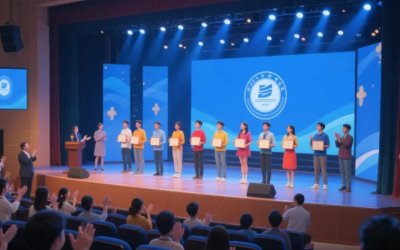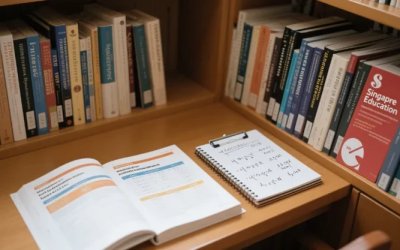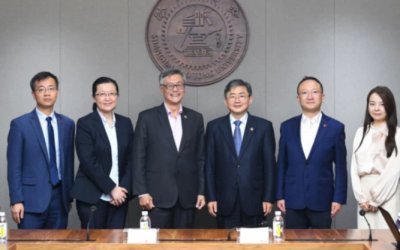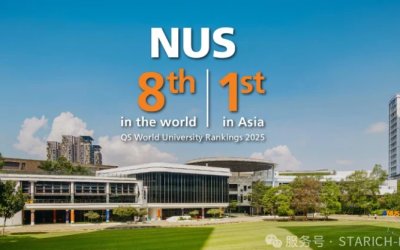But in regard to the numbers of students who are not transiting to the university directly, on the applied learning front, does the Minister see gaps and issues that can be improved so that the employment prospects of students, polytechnic graduates specifically, can withstand some of these secular trends?
Mr Chan Chun Sing: Mr Speaker, Sir, just two comments in response to Mr Singh’s supplementary questions. Yes, indeed. This is always a work in progress to make sure that our courses are relevant. The skills learnt by our students are also relevant and current. We have to make sure that every year, we have to refresh the curriculum. Even if it is the same course, we have to refresh the curriculum with the industries’ input, with what we sense in the market, so that we can meet the longer-term secular needs, longer-term trends beyond just a cyclical short-term trends. So, that is one thing that we do and we must continue to do.
The second thing that has come through here is also, increasingly, we have what we call the Work-Study diploma or Work-Study degree. These are applied learning programmes in collaboration with the industries. This is also another strong mechanism for us to make sure that our courses are relevant and are able to meet the just-in-time demand of the industries. We hope to be able to expand the number of Work-Study programmes, because this will make it more current, not just for the pre-employment training, but also for the continuing education and training. This is the best way for us to tighten the nexus between frontier business practices and academia, so that we can churn out students with the skillsets that the industries need.
We must continue on both fronts – both the work-study part, and the tight nexus between industry and the education institutions.
Mr Speaker: We are more than halfway through Question Time and we are only at Question No 4. So, I am going to confine supplementary questions to only those who have filed PQs.























